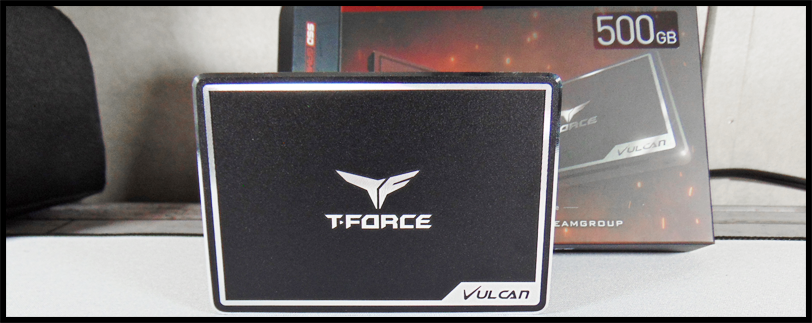- Joined
- Apr 23, 2019
- Messages
- 1,032
- Points
- 113

Introduction
We’ve got a new gaming-oriented, lost cost, SSD on our test bench today from TeamGroup’s T-Force Gaming series of SSD’s. This slick-looking TeamGroup T-Force Gaming Vulcan 500GB SATA 2.5” SSD is at an amazingly low $55.99 in retail. This SSD is geared toward the gamer who wants high read speeds in the SATA protocol and 2.5” form factor for very affordable pricing, and also an appealing classy look. This is an extremely lightweight and thin SSD.
TeamGroup mainly produces its own brand of memory modules, memory cards, USB flash drives, solid-state drives, peripheral series, and mobile accessories. TeamGroup...
Continue reading...
